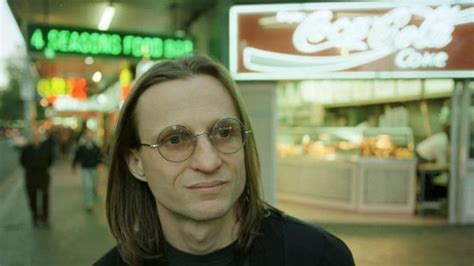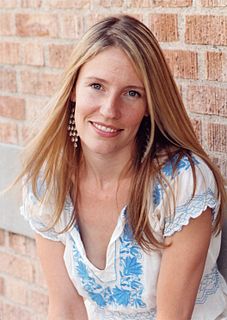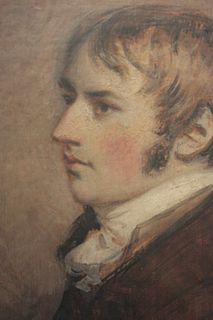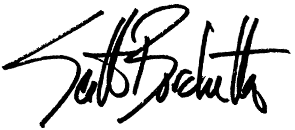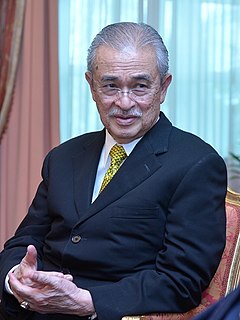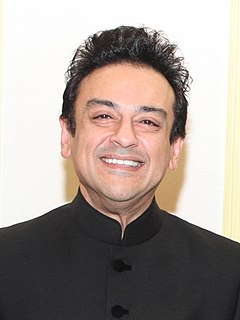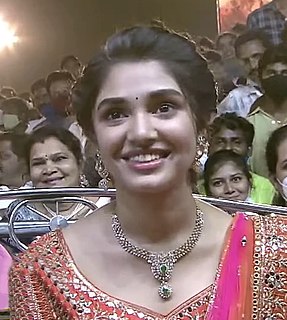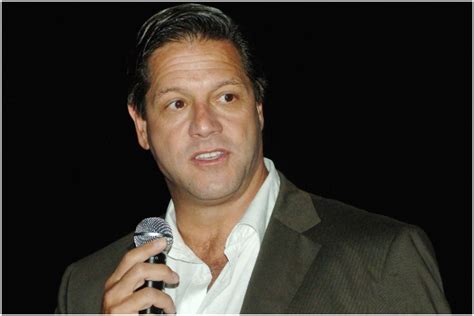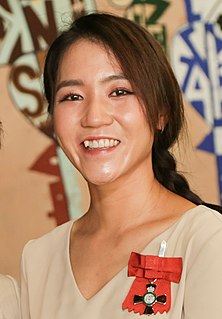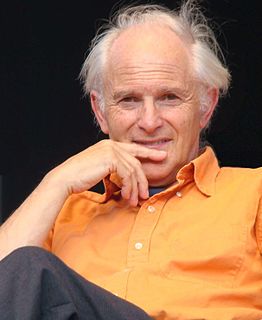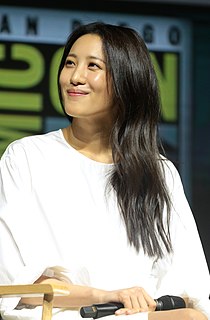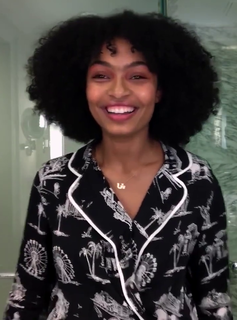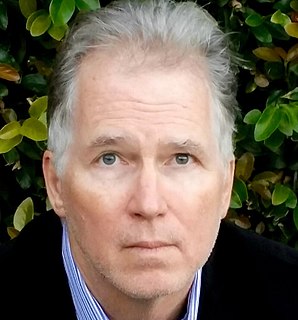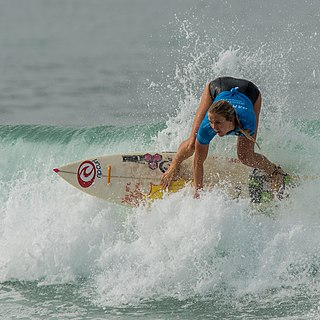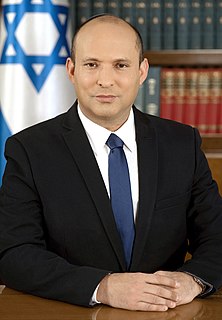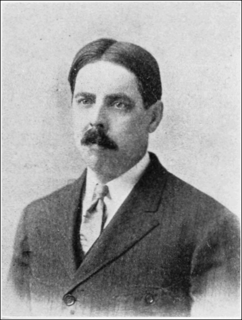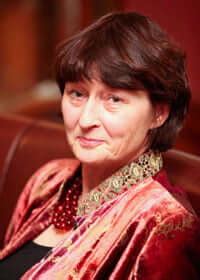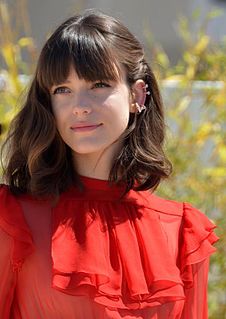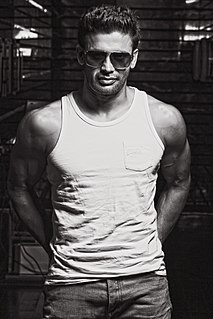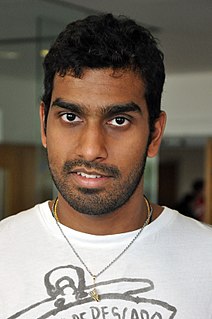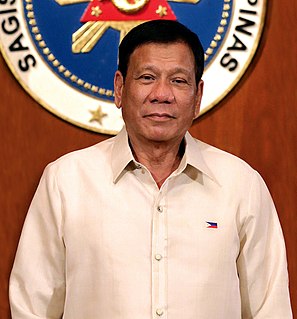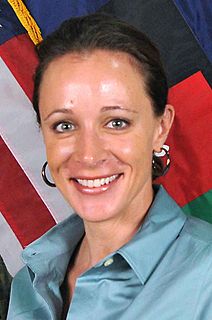Top 1200 Media Studies Quotes & Sayings
Explore popular Media Studies quotes.
Last updated on April 14, 2025.
I would describe myself as a writer and a student of media. If there's a central idea in media theory, it's to take media as form. It might grow out of philosophical aesthetics or the study of literature and visual art, but the various strands of media theory converge in treating all of those as subsets of the study of media as form.
I'm even stunned at some of the majors you can get in college these days. Like you can major in the mating habits of the Australian rabbit bat, major in leisure studies... Okay, get a journalism major. Okay, education major, journalism major. Right. Philosophy major, right. Archeology major. I don't know, whatever it is. Major in ballroom dance, of course. It doesn't replace work. How about a major in film studies? How about a major in black studies? How about a major in women studies? How about a major in home ec? Oops, sorry! No such thing.
In the founding days of the Constitution, the purpose of the media was to make sure that powerful government officials were held accountable. It really was. I mean, it was founders who hated the media like everybody else hates the media, but they understood the role they played. This media long ago when it comes to Hillary Clinton/Bill Clinton and the Democrat Party? No, no, no, no. They're the Democrat Party now. There is no media.
If you look across a host of measures at adoption studies, fraternal v. identical twin studies, twins-raised-apart studies, the history of early childhood intervention research, naturally-occurring experiments, differences between societies, changes over history, and so forth, you tend to come up with nature and nurture as being about equally important: maybe fifty-fifty. The glass is roughly half-full and half-empty.
I've always wanted to be in journalism. I even started a course at Loughborough doing media studies. I like all sports, and I am keen on writing. But I thought that while I was still young, I ought to make a real go of it at badminton. So I have put all my focus on playing sport instead of writing about it.
My definition of media? 'Anything which owns attention.' This could be a game or, perhaps, a platform. Ironically, the media tends to associate media with publishing - digital or otherwise - which, in turn, is too narrow a way to consider not only the media but also the reality of the competitive landscape and media-focused innovation.
Thinking about free speech brought me to media regulation, as Americans access so much of their political and cultural speech through mass media. That led me to work on the FCC's media ownership rules beginning in 2005 to fight media consolidation, working with those at Georgetown's IPR, Media Access Project, Free Press, and others.
I have learned one thing, because I get treated very unfairly, that's what I call it, the fake media. And the fake media is not all of the media. You know some tried to say that the fake media was all the media, no. Sometimes they're fake, but the fake media is only some of the media. It bears no relationship to the truth.
